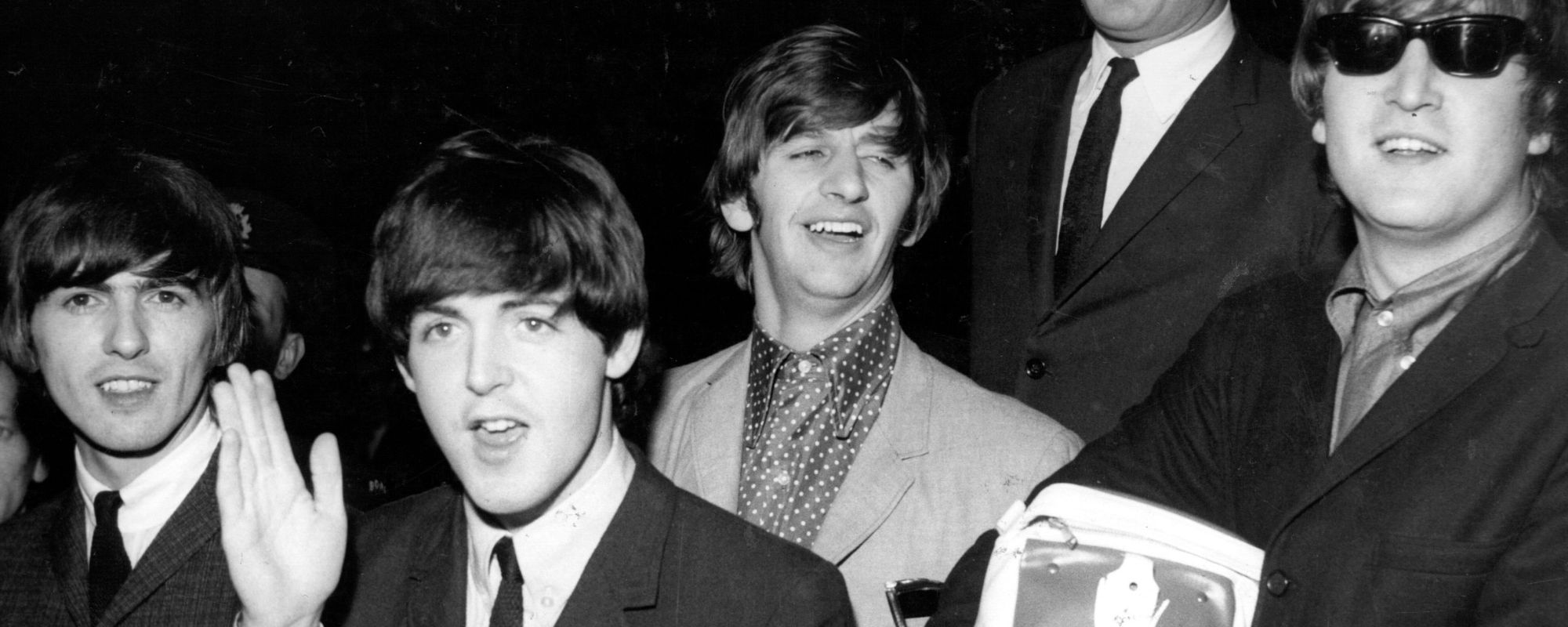Whether you’re a lifelong punk, devoted bluegrass fan, or high-brow purveyor of 18th-century symphonies, music can be a strong foundational aspect of our personal identities—and, according to a 2023 study by researchers at Queen Mary University of London, our music tastes might also inform our moral values and standards more than we realize.
Videos by American Songwriter
As more researchers look into the connection between music and personality, we can gain a deeper appreciation for how these art forms can empower, strengthen, and heal us. (Or, in the case of a New York University study from the late aughts, how music can identify psychopathic tendencies.)
So, what do your music tastes say about your morals?
How Researchers Connected Moral Codes To Music Tastes
The Queen Mary University of London study of the connection between music taste and moral values collected data from multiple sources to form the basis of its research. First, scientists compiled data from over 64,000 participants’ psychometric questionnaires to establish five distinct moral foundations. Each foundation has a “good” and “bad” side, so to speak, and includes Care/Harm, Fairness/Cheating, Loyalty/Betrayal, Authority/Subversion, and Purity/Degradation. Researchers then condensed these five foundations into two superior foundations, individualizing and binding. Individualizing centered around more liberal perspectives, care, and fairness. Binding leaned more conservative and covered values like purity, authority, and loyalty.
Scientists used Facebook page likes to determine the participants’ favorite musical artists. From there, the researchers took the top five songs from each artist or band and assessed the tracks for lyrical content and musical features like tempo, key, instrumentalness, speechiness, valence (how much a “track conveys positiveness”), loudness, and duration. Finally, the research team implemented various algorithms and text processing techniques to assess any potential correlations between moral values and musical tastes.
“Our findings reveal that music is not merely a source of entertainment or aesthetic pleasure,” lead study author Vjosa Preniqi said in a press statement. “It is also a powerful medium that reflects and shapes our moral sensibilities. By understanding this connection, we can open up new avenues for music-based interventions that promote positive moral development. Our research has uncovered an important link between music and morality, paving the way for a deeper understanding of the psychological dimensions of our musical experiences.”
So, What Do Your Go-To Playlists Say About You?
The 2023 study found several connections between music taste and moral values. Broadly speaking, individuals with higher levels of binding attributes (the conservative-leaning traits of purity, authority, and loyalty) tend to prefer country and Christian music. These participants favored lyrics that centered around romantic topics and avoided lyrics that covered uncomfortable feelings like fear, sadness, and disgust. Researchers found that highly binding individuals often participate in group activities, like church, sports, and other large social gatherings. Binding individuals prioritized songs that were danceable, loud, and generally perceived as more positive.
Conversely, individuals who displayed lower levels of binding attributes most commonly enjoyed punk and hip-hop music with lyrics challenging authority and celebrating individuality. These participants leaned toward songs with less dynamics and smoother production. This might include genres like folk, shoegaze, alternative rock, and jazz. Perhaps unsurprisingly, individualized participants were less likely to favor “mainstream” artists, further signaling their resistance to public opinion and groupthink.
“Our breakthrough can pave the way for applications ranging from personalized music experiences to innovative music therapy and communication campaigns,” co-author Dr. Kyriaki Kalimeri said.
Photo by Triff/Shutterstock









Leave a Reply
Only members can comment. Become a member. Already a member? Log in.